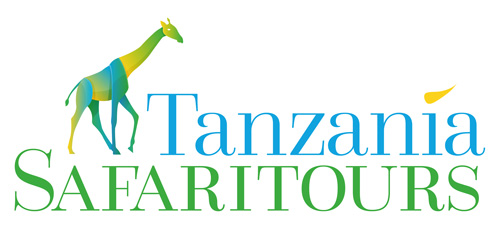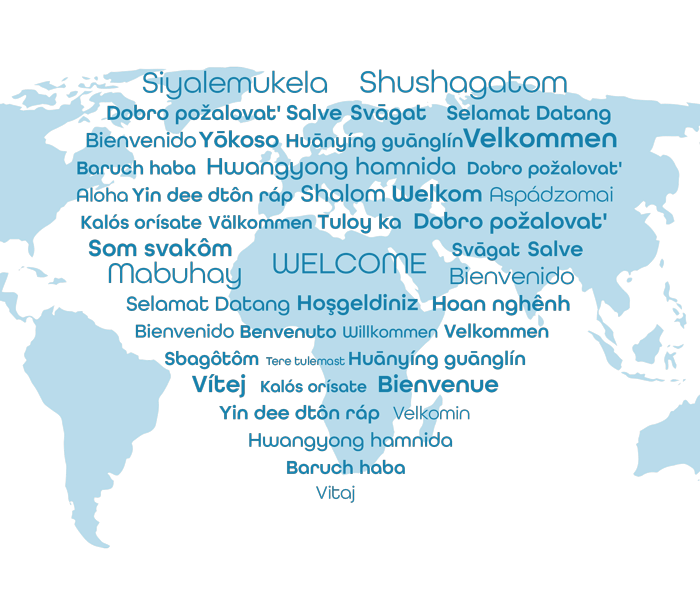Travel informations
Flights - Getting around by Air
The bulk of air traffic with Africa is to and from Europe, but there are a handful of direct flights between Africa and North and South America, the Middle East and Asia. Many North American travellers pass through a European ‚hub‘ en route to Africa. For Australasian travellers it’s often cheaper to pass through a Middle Eastern and/or Asian hub before arriving.
Wherever you’re coming from, the main thing to remember is that flying into one of Africa’s main hubs is going to be your cheapest option; once you’re there the national carriers of the various countries can easily transport you to other destinations across Africa. These extra flights are known as ‚add-ons‘ and are often best booked in conjunction with your main international ticket through a decent travel agent at home.
Flights within East Africa
Flights are operated by Kenya Airways, Precision, Coastal Aviation, Air Uganda and Rwandair, making the connection between Uganda, Rwanda and the savannah plains of Kenya and Tanzania easier than ever before!
Please note that African Volunteer Adventures does not handle international flights. The airlines operating to the region are subject to change so please check with the airline concerned. Please also be sure to book flights at the appropriate time that connect with the beginning and end of your safari.
Visa
A Tanzanian Visa – for those who require one – can be purchased in advance through the Tanzanian embassy or consulate in your home country.
A visa can also be obtained upon arrival at Kilimanjaro / Dar es Salaam International Airport or at any overland border.
Safari vehicles and small aircrafts provide limited space for luggage.
It is therefore recommended to travel with light bags since bulky suitcases will overload and might be difficult to be taken on board.
Hostels and Hotels
In many rural areas you will only find cheap homestays and smaller hotels, while in the national parks there are a number of beautiful safari lodges on every safari that are not only comfortable but also affordable. Each national park has both luxury, mid-range and budget safari lodges. We also offer overnight accommodation in public campsites in the middle of the parks, using our own tents with cots. This is not only the cheapest but definitely also the most authentic way of traveling!
Luggage
The assumption that it is always warm in Africa and that the sun always shines is not entirely correct. Despite the inner-tropical location of Tanzania, it can get very cool in the other parts of Tanzania, with the exception of the coastal regions. Therefore, warm outer clothing and a jacket against the wind should not be missing in your luggage.
Safari vehicles have limited luggage space. It is therefore recommended to travel light as bulky suitcases may be difficult to pack.
Packlist
A valid passport is mandatory (passport must be valid for at least 3 months after re-entry) and visa requirements for all countries you are planning to visit should be checked before you travel.
To make the most of your visit to the game reserves and national parks, we advise you to carry binoculars and field guides. Photographers will need a zoom lens for wildlife (70-300 or more). Please make sure to carry enough memory cards or films with you.
Toiletries and other essentials can be bought in the cities. We advise you to take an international adapter with you for your electric equipment.
The system used in Tanzania is the British system. A torch (flashlight) can proof to be very useful.
WHAT TO WEAR
Daytime temperatures are generally warm to hot, so bring lots of light clothing.
Evenings are cooler, especially at high altitudes (areas around Ngorongoro Crater, Mt. Kilimanjaro and Arusha), so carry a couple of light sweaters too.
Those who intend to do mountain hiking will be exposed to alpine temperatures and should pack accordingly. Don’t forget to bring a hat, sunglasses and a waterproof jacket.
Health/ Medical/ Fitness
Get medical advice before you travel. Bring any required personal medication with you. Malaria prophylaxis and mosquito repellent are essential. We also advise that you bring a mosquito repellent and a mosquito net with you. Most lodges do have mosquito nets, but not all.
Always consult your doctor or pharmacist for up to date requirements and personal recommendations! Get advice on any vaccinations you may need early on.
Yellow fever vaccination is required for travel to and from some African countries such as Kenya. Drink only bottled or boiled water. Medical care, especially in the interior of the country, is very rudimentary. Make sure you have adequate international health insurance coverage.
In the UK, MASTA (The Medical Advisory Service for Travellers Abroad) can be consulted on +44 9068 224100 or on line at www.masta.org In the USA, CDC can be consulted on www.cdc.gov
Insurance
- Comprehensive travel insurance to cover theft, loss and medical problems is highly recommended.
- Some policies specifically exclude dangerous activities such as scuba diving, motorcycling, skiing and even trekking: read the fine print.
- Check that the policy covers ambulances or an emergency flight home.
- Find out in advance if your insurance plan will make payments directly to providers or reimburse you later for overseas health expenditures.
- If you have to claim later, make sure you keep all documentation.
- Paying for your airline ticket with a credit card often provides limited travel accident insurance – ask your credit card company what it is prepared to cover.
- Worldwide travel insurance is available at www.lonelyplanet.com/travel-insurance You can buy, extend and claim online anytime – even if you’re already on the road.

